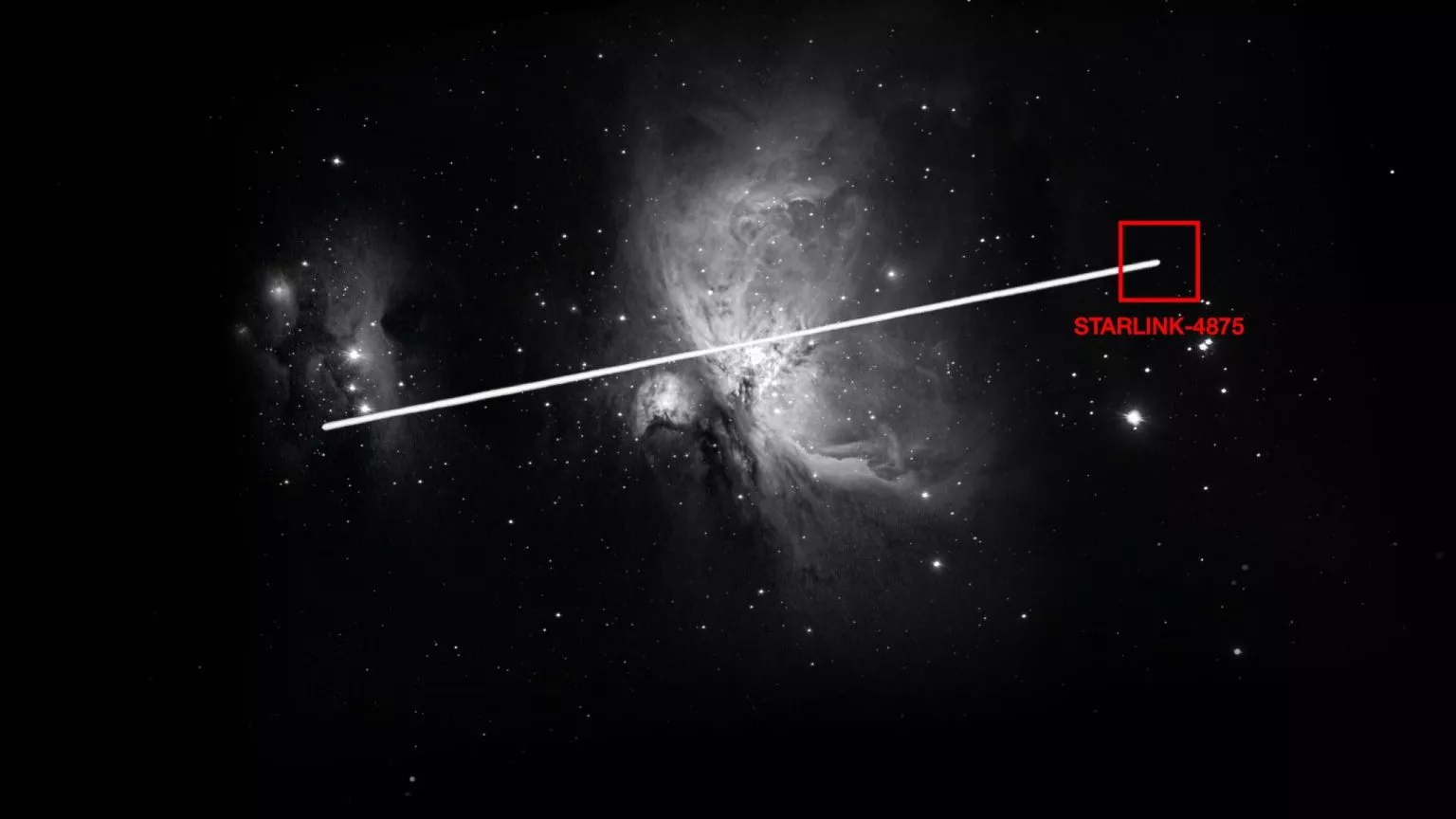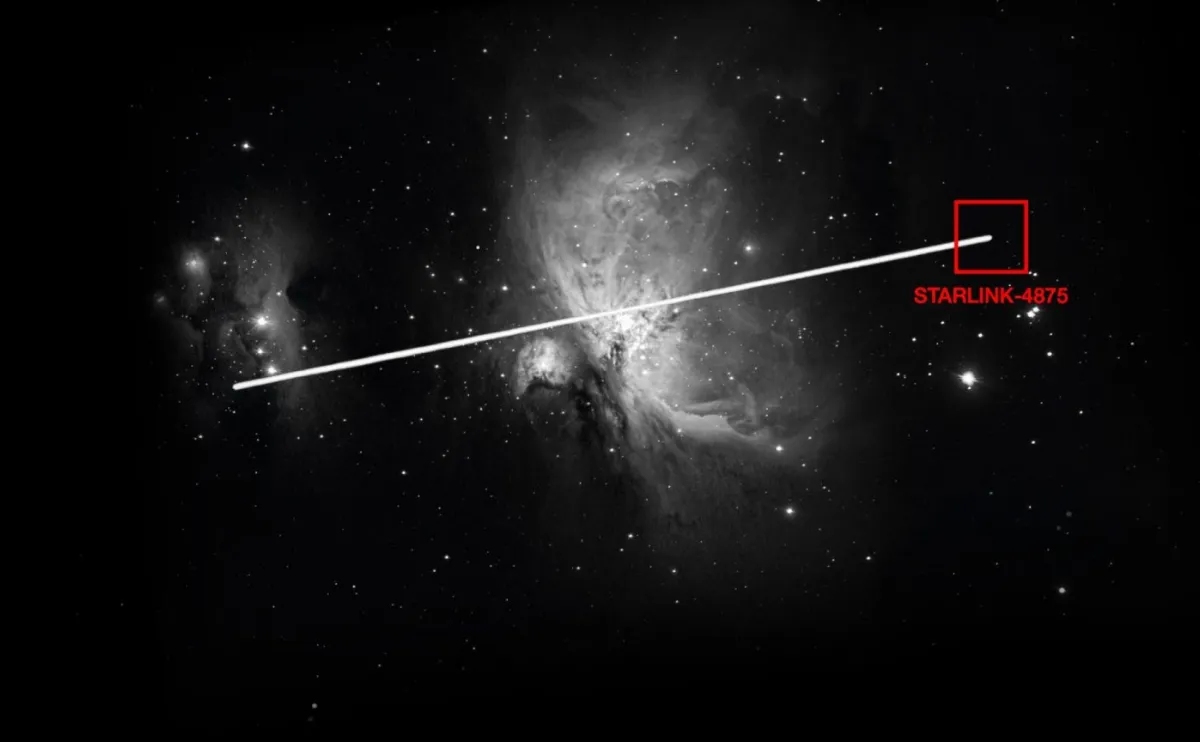
Make space a better place
EPFL SSA Team - Project
Context
With the growing number of space debris on Earth orbit (more than 1 million objects larger than 1 cm), as well as the increasingly frequent commissioning of satellites, it is becoming urgent to manage space traffic. Indeed, since orbiting objects travel at several tens of kilometres per second, even collisions with small particles can result in considerable damage or even the loss of satellites. Collisions are very costly for operators, and also cause new debris that in turn increase the collision probability, putting at risk the entire space environment.
Under the impetus of the EPFL Laboratory of Astrophysics (LASTRO), the Space Situational Awareness (SSA) EPFL Team was founded in spring 2020. Its objective is to set up an open-source catalogue containing important information on every object detectable in Earth orbit, in order to predict, and thus avoid, dramatic collisions. Such a catalogue is also the first step necessary for selecting promising targets for active debris removal missions. We're working with close contacts with the LASTRO, eSpace and CVLab laboratories.
Project history
After a year of theoretical work followed by first images taken with a homemade prototype telescope to gather our own data, our team has obtained compelling results and detected the first satellites automatically using machine learning.
During the second year, a much more capable prototype has been assembled and tested. This prototype is the Low Orbit Satellite Tracker (LOST). It has been tested in different locations, such as on campus and at the Astroval observatory the remote Vallée de Joux. The first iterations of the software needed to extract the data has been completely redesigned in order to adapt it to the new images. LOST has been working beyond our expectations !
The increased quality of measurements allows for complex programs to extract the data, and even more analysis tools to measure the finest details we can now access. Those are the main areas we are currently working on. Also, the telescope needs to be fully automated and remote controlled to achieve the data acquisition rate we aim for.
In the long term, we plan to have the telescope working remotely and automatically. We are also considering using a radio telescope to detect satellites at all times (even during the day and cloudy nights).
Join us !
The SSA EPFL Team, which currently consists of about 20 students as of June 2022, is looking forward to welcoming new recruits. The team's activities will certainly be of interest to any student with a passion for space development, astronomy or space environment. You are most welcome to join us !
There are multiple projects that are developed in parallel, which can easily be organised as graded semester projects:
1 Protective cupola construction 2 Processing software pipeline design and automation 3 Mount and camera control controlled by our own software 4 Remote control 5 Machine learning to measure object characteristics 6 Design of a radar receiver 7 Automation of EPFL's telescope with software adapted to track satellites
If you are interested in these projects, you are most welcome to contact us by mail (ssa@epfl.ch) or in our Instagram DMs @ssaepflteam ! You can also join the team as a regular member to take part in observation nights and technical development across several subprojects ! You can have a look on our website (https://www.epfl.ch/campus/associations/list/ssa/) for more information 🙂

Academic Supervisors